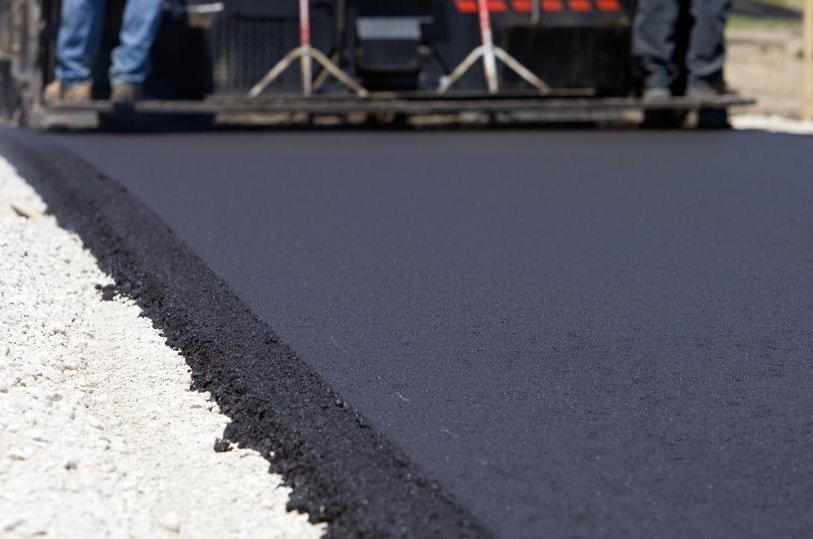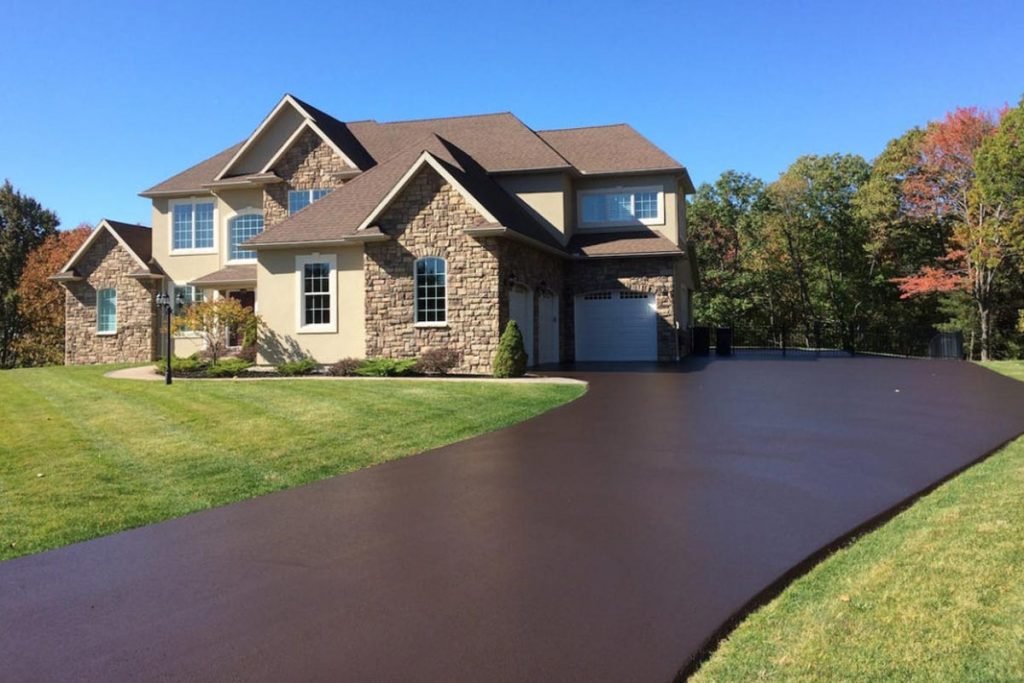Before paving any asphalt driveway, the area to be paved needs careful preparation. Both the quality and lifespan of your driveway depends largely on how well the underlying base is prepared. Epic Paving & Contracting has provided commercial and residential property owners with professional resources in asphalt paving for more than 20 years. With over two decades of paving experience, we are confident that preparation is the key to a beautiful asphalt driveway that holds up over many years of trouble free service.
Paving A New Asphalt Driveway
- The first step when installing new asphalt is to remove the former, damaged surface. Whether it’s asphalt or concrete, start stripping it all away so you can start with a fresh canvas. You will most likely need heavy machinery such as bobcats and forklifts to help you remove the old paving. As you most likely don’t have these items in your backyard, an equipment rental company will come in handy here.
- If you are installing a new driveway, the existing surface must first be removed. Once that is done, the area must be graded to ensure water will not sit on the surface of the new driveway. Appropriate water drainage is imperative to a durable, long lasting driveway. Effective drainage will help prevent your pavement from collapsing prematurely.
- After grading, a supporting layer called sub-base is laid down. This layer assists in load-bearing, and is mostly made of crushed stones. If you are installing a new driveway on top of an existing one, it is imperative to lay a new sub-base for structural integrity.
- A binder layer made of bitumen and oil is then laid down, followed by a proof roll on top. This proof roll detects any soft areas that may need more sub base added to it.
- Once all your soft spots have been filled, it’s time for the new asphalt to be put in place! Asphalt is dumped and then rolled smooth, which helps to compact the material. Once the asphalt cools, it is ready for action!
- But wait – there’s more! It is still wise to wait at least 24 hours before driving on your new driveway, and the asphalt must be cured between 30 (commercial) and 90 (residential) days to stop oxidation. Asphalt will eventually need to be resurfaced, but the good news is you can do it yourself using a driveway sealant!



